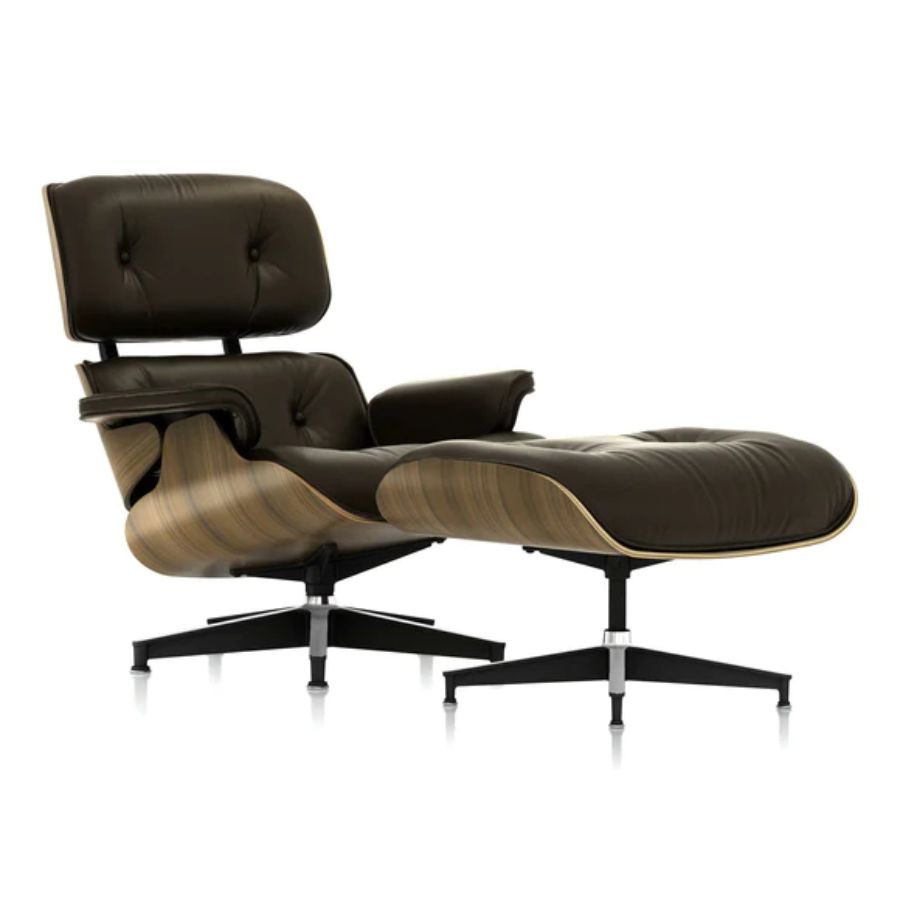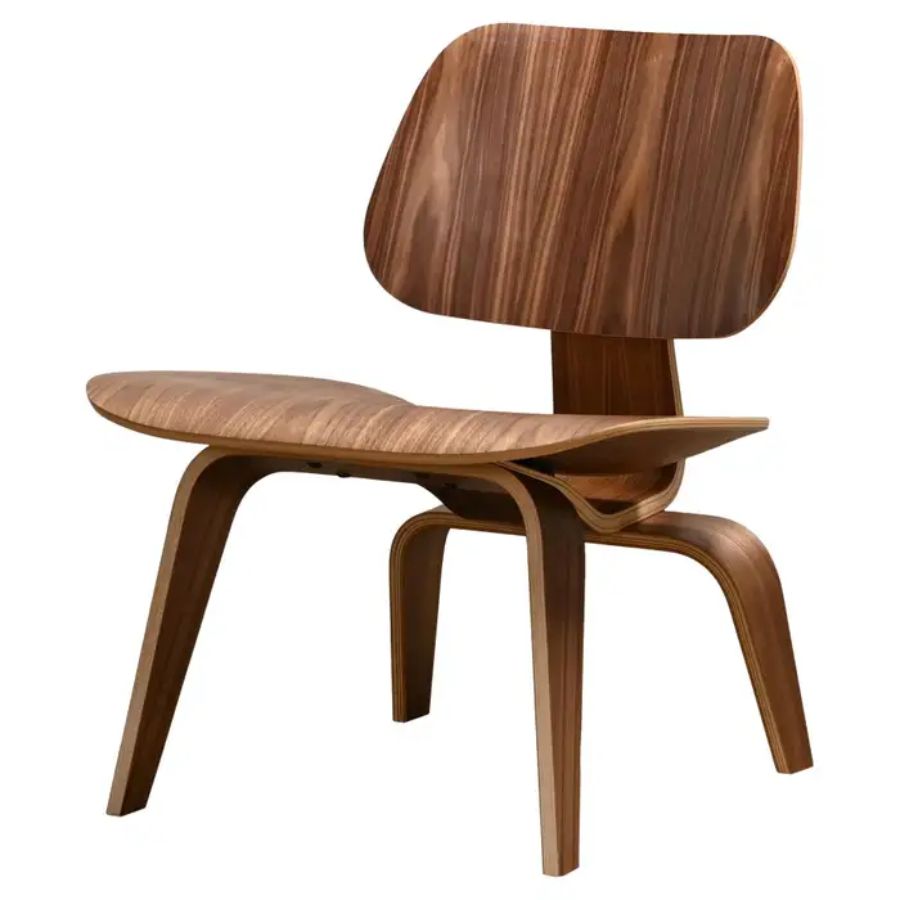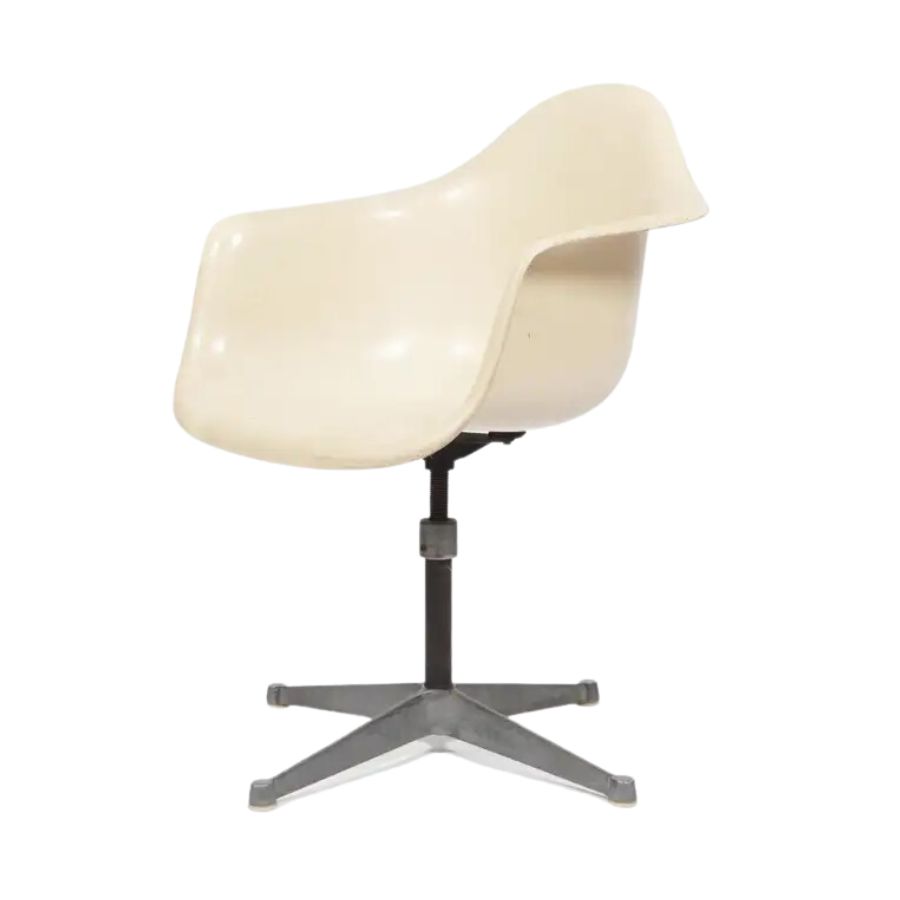How to buy Eames furniture with confidence - 5 tips from experts in these Mid-Century classics
A piece of Eames furniture has the power to instantly elevate the look and feel of your home - this is how to recognize the original valuable pieces and collect them like a pro
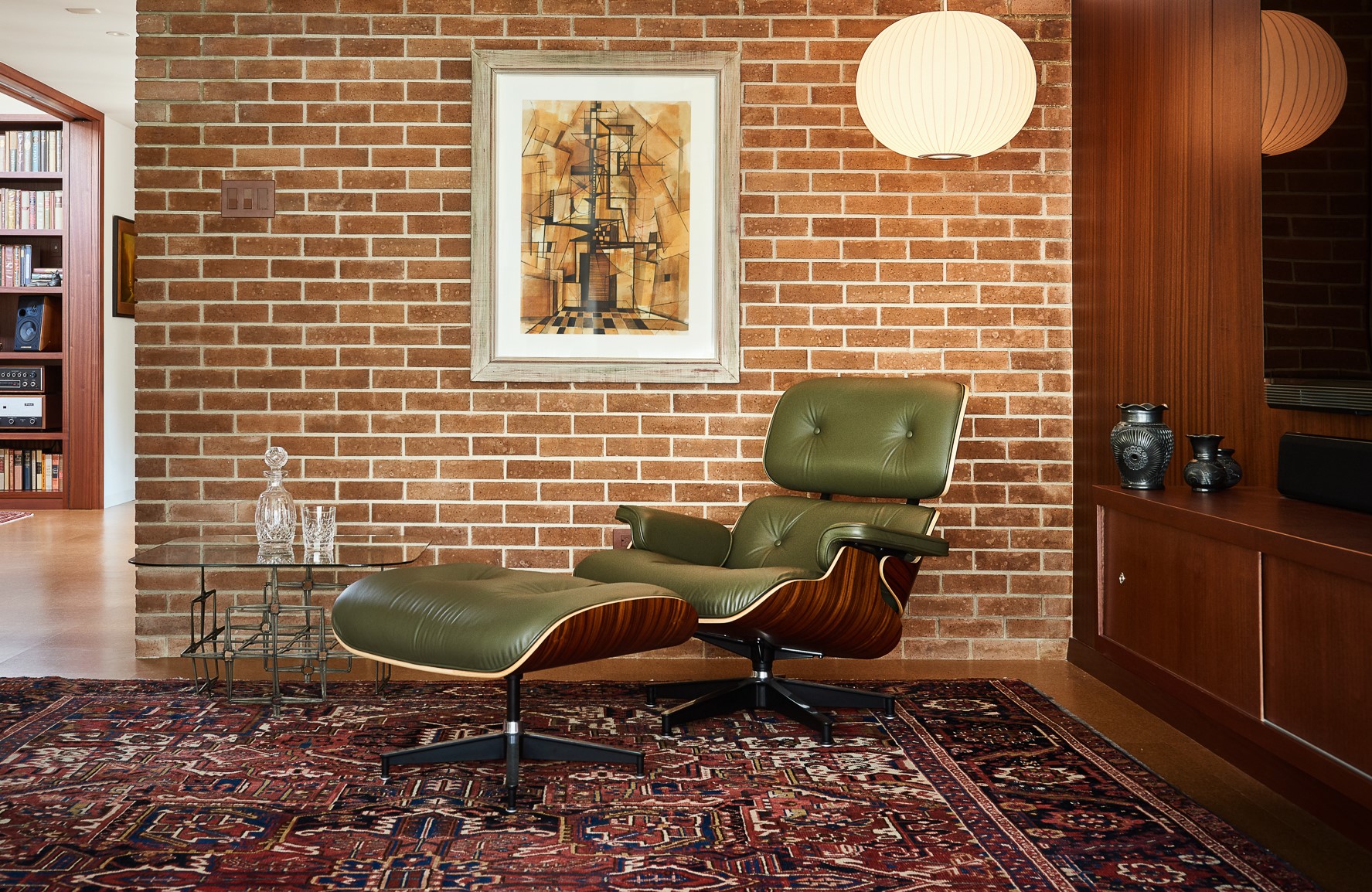
The Livingetc newsletters are your inside source for what’s shaping interiors now - and what’s next. Discover trend forecasts, smart style ideas, and curated shopping inspiration that brings design to life. Subscribe today and stay ahead of the curve.
You are now subscribed
Your newsletter sign-up was successful
Whether it was designed fifty or five years ago, a piece of Eames furniture has an undoubted timeless appeal. Part of design history, it remains as beautiful and useful as ever, no matter what the biggest interior design trends might dictate. Not many designs have stood the test of time like Eames furniture has, and the rise in interest in Mid-Century aesthetics has meant that more and more of us are looking at curating eclectic homes that are about bringing personality into a space and mixing the old with the new.
However, buying vintage, especially designer pieces, will be a bit daunting for most of us, as it is easy to get it wrong. But The Eames Institute of Infinite Curiosity has revealed their ultimate guide to collecting ‘an Eames of your own’, demystifying the whole process and giving you the right tools to go hunt for your own piece of design history with confidence.
If you want to make a real design statement in your home, and also invest in an item that you will love and that will still be valuable years on, read on because you need to know this.
What is Eames furniture and why is it so popular?
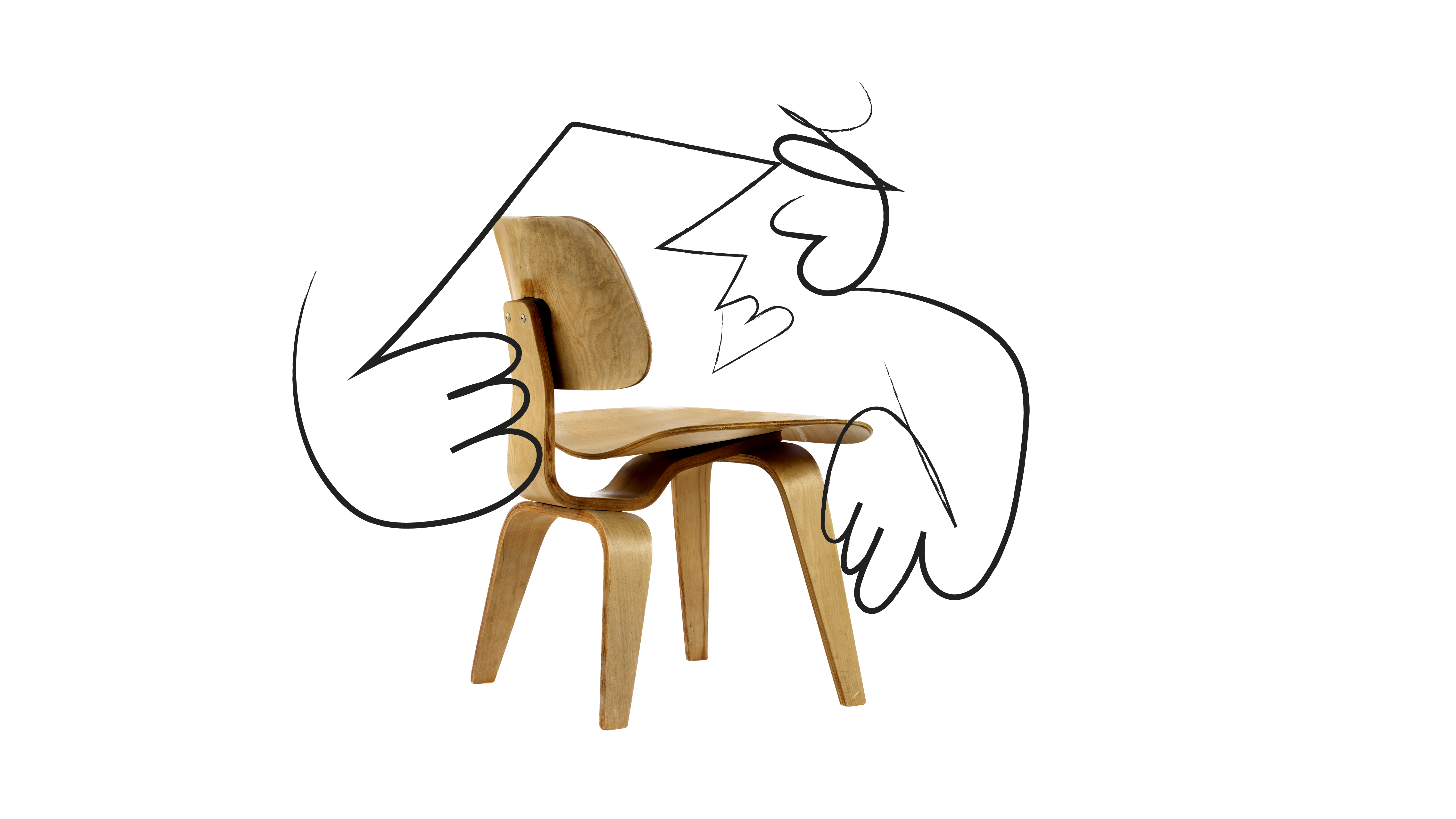
When referring to ‘Eames furniture’ one will refer to the designs by Charles and Ray Eames. The mid-century design powerhouse couple is known for their progress and contribution to the development of modern design and architecture. They also worked in fine art and film, and while Charles was more known by the media, he and Ray worked together to create some of the most famous designs recognized all over the world - the Eames Lounge Chair and the Eames Dining Chair being amongst the most famous.
Their designs rose to popularity through their flawless functionality and innovative use of materials such as molding plywood, followed by impeccable form that is still an inspiration to designers today.
Long-time and new Eames enthusiasts seek out vintage pieces, however, this can come at a premium price, but they are a great investment. For instance, a storage cabinet purchased for $100 in 1950 sold for $48,000 in 2021. This shouldn’t discourage you, because it doesn’t always take a fortune to start collecting vintage Eames furniture. With diligent research and knowledge, you can still find quality mid-century modern furniture pieces at affordable prices.
How do you collect Eames furniture?
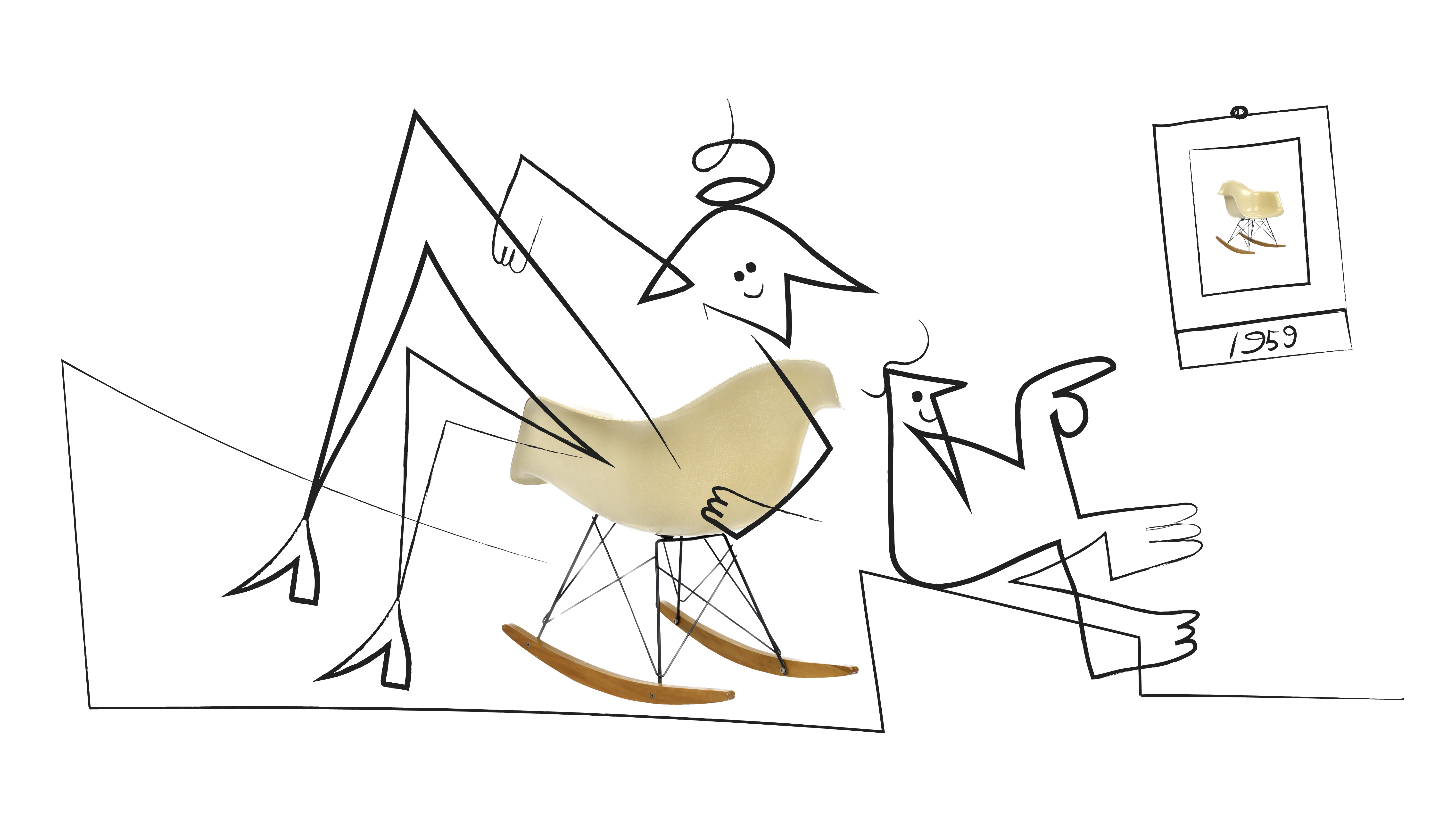
There are a few important steps to remember when looking for collectible Eames furniture. The Eames Institute of Infinite Curiosity, guardians of the design duos work, together with Eames expert Daniel Ostroff, are highlighting some key points to consider.
The Livingetc newsletters are your inside source for what’s shaping interiors now - and what’s next. Discover trend forecasts, smart style ideas, and curated shopping inspiration that brings design to life. Subscribe today and stay ahead of the curve.
1. Story over style
Focus on discovering the object’s history instead of its flashy title. Each Eames piece has a background, and its unique journey can make it more valuable.
‘Who was the original owner? All Eames chairs were and still are made to order, and all had an original date of manufacture specific to that owner. Did the current owner refinish the piece? Do they have any documentation of the piece’s provenance? The best sellers will answer these questions, and a buyer who knows a chair’s history will have an enhanced appreciation of it,’ explains Ostroff.
2. Don’t mess with patina
‘Ray and Charles themselves anticipated the effect of age and wear on their designs, citing ‘how is it going to look in ten years?’ as one of their fundamental considerations. Having something with honest, original patina is in some ways even better than having a piece that’s in mint, factory-fresh condition because there’s something about how things age that adds to their appeal and attractiveness,’ Ostroff tells us.
The less a collector does to the piece the better, especially if they have an original piece. If you own Eames furniture, try not to make any modifications in order to preserve the quality, or if you do make changes only do so only if it increases the longevity of the item.
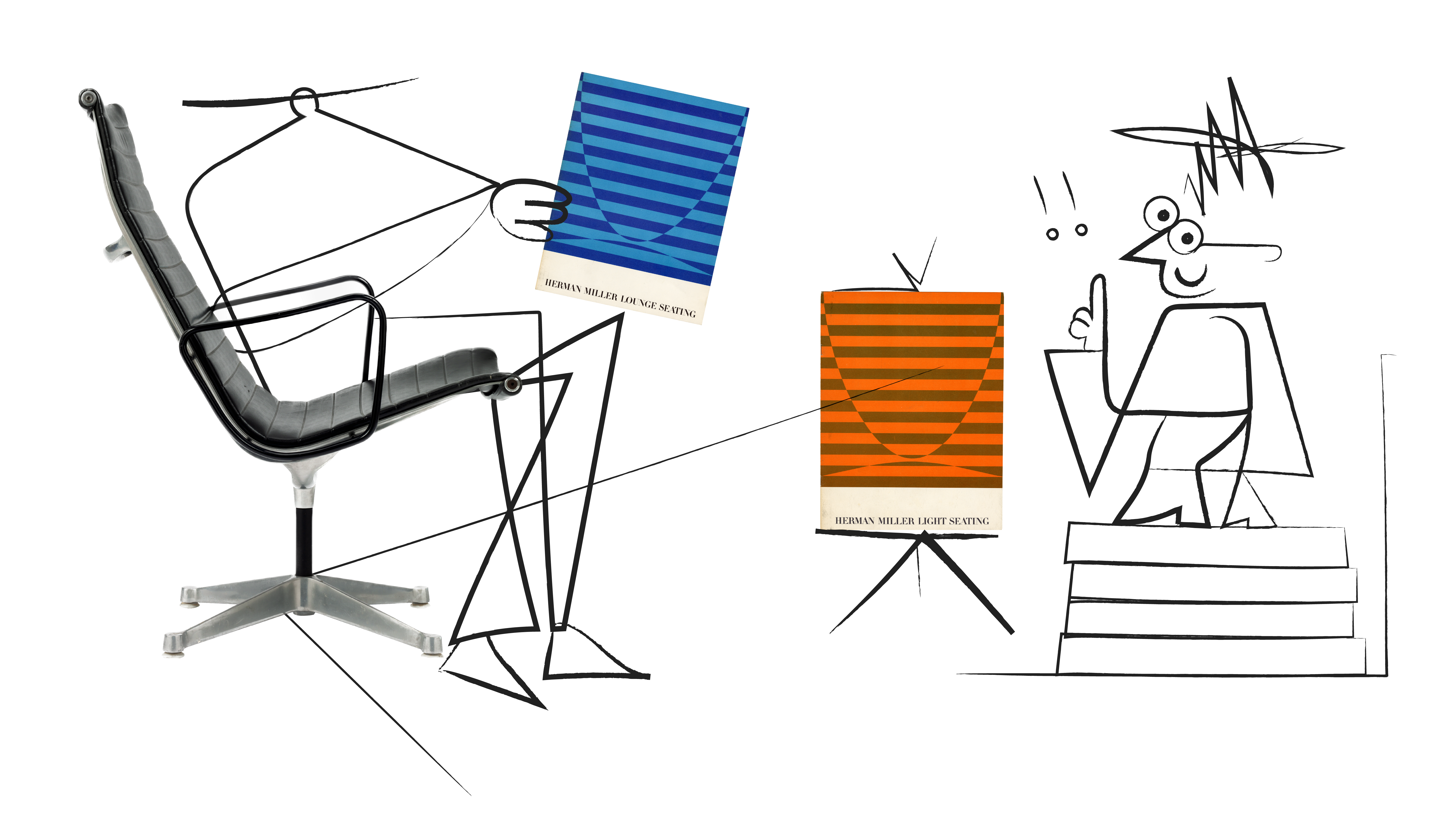
3. Earlier isn’t necessarily better
Don’t get caught up in how long ago a piece was made, as the oldest pieces are not necessarily the most valuable. In the early stages of their journey, Charles and Ray Eames were still experimenting and perfecting their craft, so the pieces produced then might not be the better designs you’ll find.
Ostroff gives an example of this. ‘For example, after four or five years of making a four-legged fiberglass chair base with one point of connection in the middle, forming what looks like an X, Charles and Ray modified that, and made a base that looks like an H. They did that because the X base, with only that one point of connection, had a tendency for the legs to splay. If people are looking for the earlier examples, they want the X-based chairs—but the H-base is technically a better design.’
4. Beware of versions modified by dealers
Some less serious dealers will mix and match original chair bases and seats, therefore reducing the validity and value of the piece. There are some clues to help you identify if a piece has its original base, Ostroff tells us, like the condition of the screws in the base.
‘A shiny screw is suspicious. Invest in a small flashlight-size UV light. You can shine it on an antique, which should have a consistent glow to it. If, in UV light, one part or another glows brightly in contrast to the rest of the design, that bright glow is probably an indication of a repair or replacement part.’
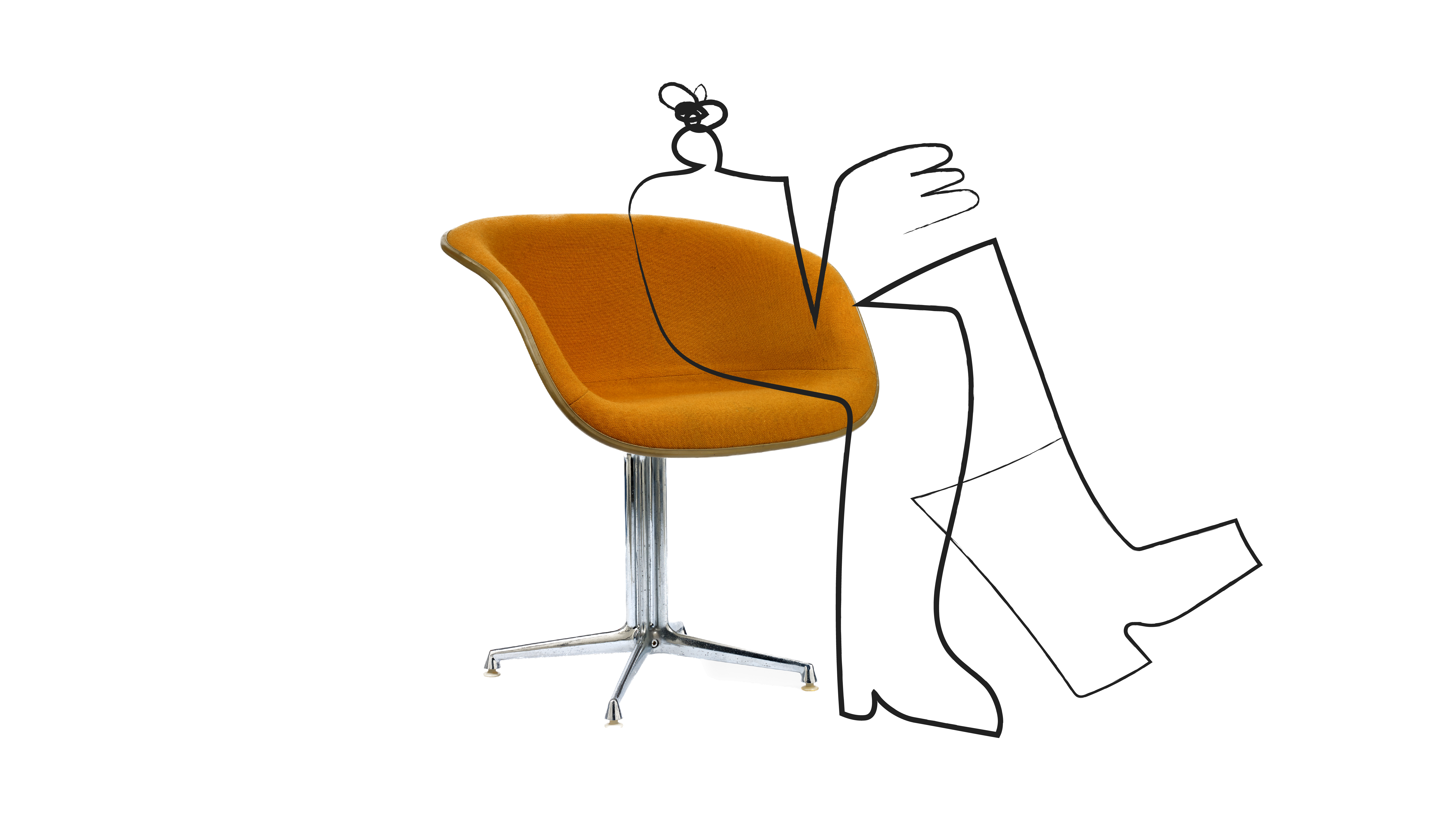
5. Do your research
Read up on Eames furniture and history, and get knowledgeable on the topic. This way, you will know what questions to ask a dealer, what design details to look out for, and develop your own personal taste and a collection that reflects it.
‘To learn about the Eames’ design process, there’s a wealth of information in various books and publications. What ignited my interest in Ray and Charles’s design process was an exhibition catalog called Connections: The Work of Charles and Ray Eames, which accompanied the 1976 exhibition of the Eameses’ work at UCLA. There are fabulous pictures in there, and the essay was written by Ralph Caplan—someone who understood the Eameses deeply,’ advises Ostroff.
Make these your next Eames investment pieces
Raluca formerly worked at Livingetc.com and is now a contributor with a passion for all things interior and living beautifully. Coming from a background writing and styling shoots for fashion magazines such as Marie Claire Raluca’s love for design started at a very young age when her family’s favourite weekend activity was moving the furniture around the house ‘for fun’. Always happiest in creative environments in her spare time she loves designing mindful spaces and doing colour consultations. She finds the best inspiration in art, nature, and the way we live, and thinks that a home should serve our mental and emotional wellbeing as well as our lifestyle.
